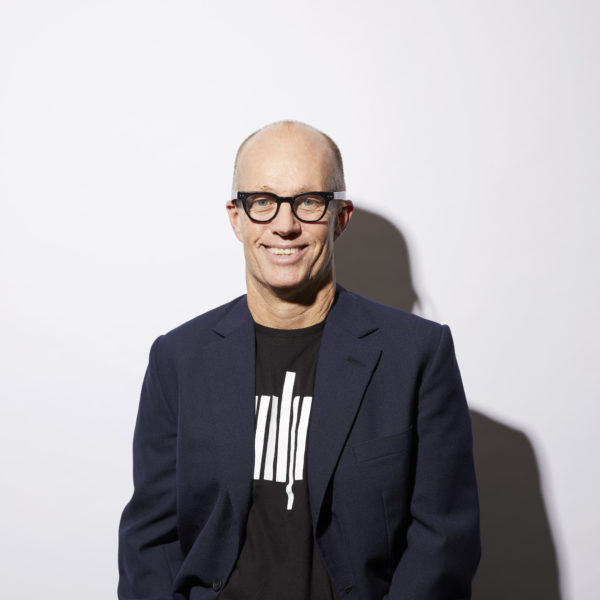Or listen in your favorite podcast app
Apple Podcasts / Google Podcasts / Stitcher
As a journalist during the dot-com boom and throughout more than a decade as the Editor In Chief of the MIT Technology Review, Jason Pontin has seen technology of all kinds emerge from its earliest stages to become the world-shifting technology we all use today. After watching that evolution happen for so long, Jason decided he wanted in on the action. Today, he is a Senior Advisor for Flagship Pioneering, where he is focused on how technology can be used to make a larger impact on the world. On this episode, he talks about some of the projects and companies he’s involved with, and he explains why he believes A.I. and deep learning will be huge forces in shaping the world moving forward.
Key Takeaways
- Certain technologies — like A.I. and gene editing — will have a greater impact than we currently understand
- Using computers and A.I. to do things that humans can’t will, hopefully, lead to more breakthroughs
- New technology can lead to new and better jobs, but it takes time
Working at MIT Tech Review
Jason initially was only supposed to be at MIT for two years, but he wound up staying for nearly 13 years. At Tech Review, Jason was on the front lines of reporting on many of the most innovative and landscape-shifting technologies that were invented. Some stood out more than others, of course, like deep learning, AI and gene editing. Those are a few that Jason believes will have a much more lasting impact than anything else he reported on during his tenure.
“Tech Review tries to look at really important trends – the emerging technologies that are going to disrupt business, society, politics and be the first report on them, but in a way that isn’t highly technical.”
Life at Flagship Pioneering
After many years of writing about emerging technology, Jason decided he wanted to jump into the world himself. His leading factor for making that decision was the hope that some of the technology or companies he invested in would help make an impact on the world — especially in areas like disease prevention, climate change and others. At Flagship Pioneering, he has the opportunity to do that thanks to the unique way they structure their company around totally original and untested ideas that they then bring to life.
“I began to feel after a certain point that writing about this stuff, with the talents I do have and the time that was left to us, I could make more of a contribution.”
Using AI and working with young companies
Jason is fixated on AI and using it in new ways. One is in the field of biology to help generate novel hypotheses that humans have not and will not be able to generate themselves. The companies that Jason works with are young, and often structured differently than traditional start-ups. They are also much more scientifically-driven.
“We have a company that looks at gene expression at the level of the whole cell. No human mind could possibly understand that, but machines can. We have another company that is working on understanding the human immune system. There are other companies that are doing similar things, but in all cases, we are essentially throwing up our hands to try and understand the millions of genetic interactions that occur every moment in your body. And we’re allowing the systems that are really good at pattern recognition to do it for us.”
“In science-driven organizations, everyone is allowed to talk. Everyone’s opinion is valid. Diversity really matters in these organizations and not just because it socially matters, but because you want really diverse points of view and you’ll make mistakes if you don’t have them. The other thing that’s unique about these organizations is that you have to be pretty tough-skinned during meetings. If you make a known, falsifiable statement, you will be challenged on it. You need to go and say you have the data to go and defend your point of view. Or if you don’t have the data, you need to be able to say how you get it.”
The impact of new technology
Obviously, as new technology comes into the fold, things change. We hope it’s ultimately for the better, but sometimes the benefits take longer to realize.
“It’s an economic observation rather than a general rule that new technologies always produce new and better jobs. I wish it were a rule, but it’s not. Sometimes, it takes longer than we’d like. In the last industrial revolution, wages and jobs didn’t really recover for nearly a century. I think this revolution is going to happen much faster. And although I’m confident that the data revolution will create more and better jobs, I don’t know a single job that isn’t going to be profoundly altered.”




